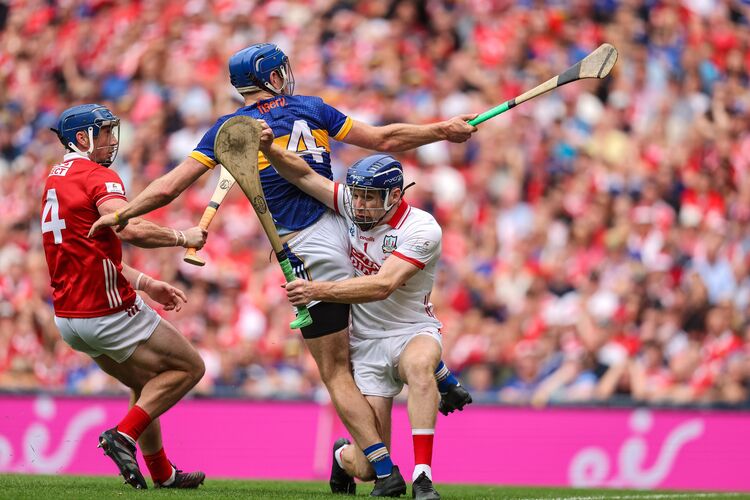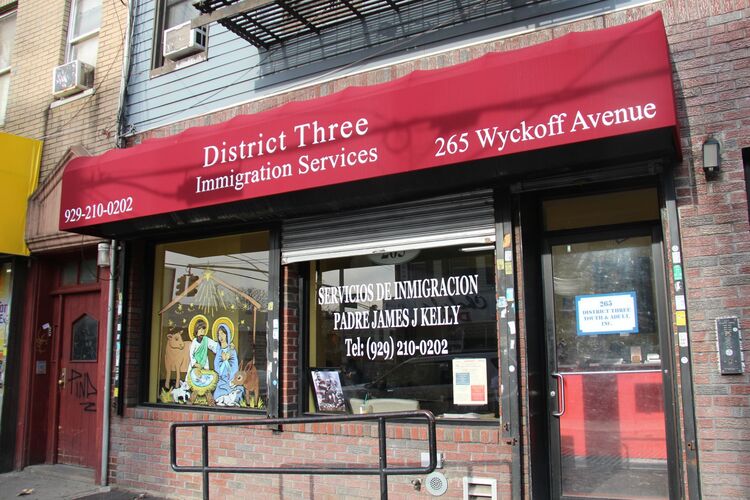[caption id="attachment_70060" align="aligncenter" width="600" caption="Mick O’Dwyer."]
A few years back, there was talk of Mick O’Dwyer becoming the manager of the Dublin Gaelic footballers. Serious enough talk too. Nothing came of it in the end so when the county was led from the All-Ireland wilderness last September, Pat Gilroy was at the helm. A former Dublin player himself, Gilroy’s father wore the crest of three castles over his chest in the 1960s and he came from a family steeped in Dublin football. Do you think the Dubs preferred having somebody like Gilroy rather than a Kerryman ending their trophy famine? I do.
This past week, Cork hurling fans have walked with a bit of a spring in their step. Even allowing for how bad Waterford apparently were last Saturday night, there is optimism afoot as the second coming of Jimmy Barry Murphy has begun in earnest. Part of this is the inevitable byproduct of any new managerial regime but a lot of is also down to the deep-seated affection and reverence many supporters feel for JBM. He is not just one of our own. He is all of our own. He is what we think the best of Cork sport to be, swaggering yet modest, simple yet brilliant.
Would the Cork hurling community be as proud and as excited over the past few days if the county board had done the unthinkable and brought in somebody like Davy Fitzgerald or Anthony Daly to take over the team? Of course they wouldn’t. Would the Kerry football animals (well that is what their own man called them) be thrilled to see Mickey Harte succeeding Jack O’Connor in a couple of years? No they wouldn’t because it’s not the same having an outsider, however qualified or respected, guiding your county. Anyone who says different is deluded.
This is all relevant as the whole issue of paying managers continues to fester. Since the debate was re-opened recently, many of those who defend the practice have all been making variations on the same point. The modern manager, especially at inter-county level, works so hard and puts in so many hours that he deserves to be recompensed. As one journalist described it, this is a six days a week job and on the seventh day you can be sure the manager is thinking of nothing else but what’s wrong with the team. The argument is these individuals give so much of themselves that the least they deserve is financial recompense.
The pay-as-you-manage merchants would have a point except for one small caveat. It’s a voluntary position in an amateur organization and there’s a simple answer to the calls for paying the managers just because they are so committed. Any manager who feels the hours are too long and the pressure too much (and we don’t downplay that aspect in the modern media era) is free to walk away at any time. Nobody is making them do this. If any one of the small band of people qualified to manage inter-county teams think the job is too demanding, they can resign and let somebody else step up and take over.
The same principle applies to those players who feel they are putting in too much for too little reward at inter-county level. When you can’t take it anymore, you step off and let somebody else take your spot in the squad. Every GAA club in the country has talented hurlers and footballers who walked away from the game early in their late teens and early twenties. Despite being begged by managers and chairmen to remain in the fold, these characters decided the training was too onerous, the time commitment too excessive, and they found better ways to pass their time.
Nothing beats watching “Coronation Street” of an evening when you could be out playing Gaelic football or hurling. Think of all the memories of the bad television you watched that you can look back on when you are old and grey rather than meeting up with former team-mates with whom you soldiered together. A bizarre choice then but one that everybody in the GAA is freely entitled to make.
That is only one strand of the argument. Those in favor of paying managers or at least legitimizing the payment of managers (we all acknowledge it goes on already) also point out the benefits an outsider can bring. This is a mantra repeated at club as well as at county level. There was nobody good enough inside the camp so they had to go outside and pay money to get a “proper” manager. There is merit to this argument in a lot of cases except it represents sacrificing the long-term future of the club or county for short-term gains.
“We can’t afford to pay managers; that’s the end of the story,” said Mike Connelly, vice-chairman of the Mayo county board earlier this week. “Clubs must take stock. Virtually every club is struggling with finances and they must look within their ranks to find a manager. The payments thing is gone a little bit crazy. So many of us put our own time and effort into this organisation on a voluntary basis because we want to grow the organisation.”
A coach brought in on big money might well lead a team to a trophy. And that’ll be great in the moment. It will garner headlines and everybody can bask in the reflected glory for a few magical weeks. But wouldn’t the euros be better spent if they were invested in improving the education of all coaches within the club or county? Instead of being sent out of the county, the 50-grand salary of an inter-county superstar manager could instead be put towards making an entire generation of local coaches better. Isn’t that the way to improve a county or a club’s fortunes for decades rather than for a single season?
What’s the old adage about the difference between teaching a man to fish and giving a man a fish? Surely that applies to coaching too.







